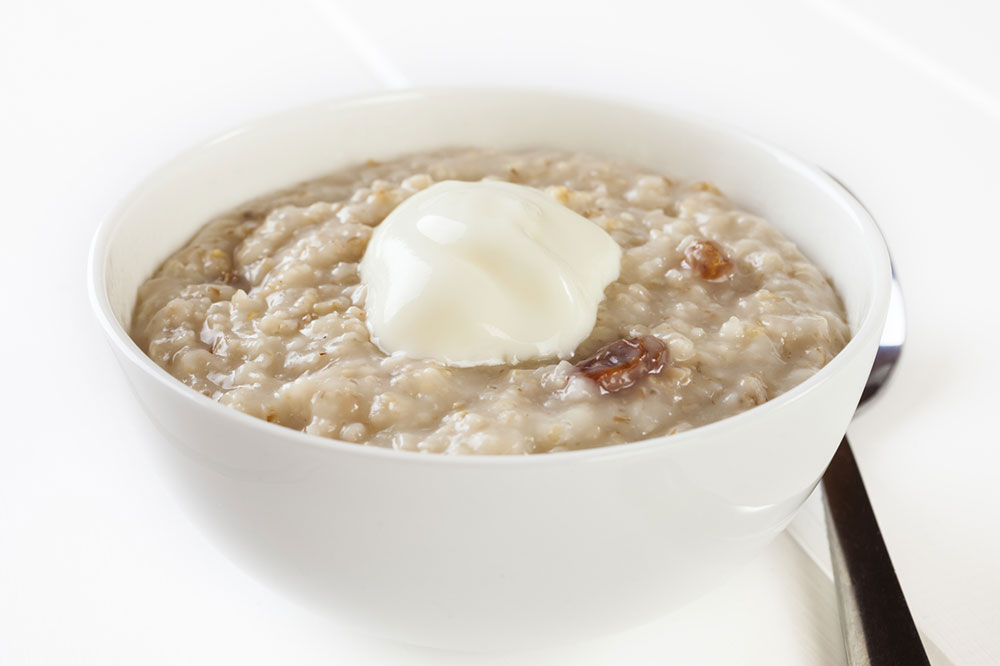4 types of foods to avoid for patients with chronic myeloid leukemia
Chronic myeloid leukemia or CML is a type of blood cancer caused due to genetic mutation of blood-forming cells called myeloid present in the bone marrow. Oncologists estimate that 15% of leukemia is of type CML. While there are treatments that can inhibit the disease, avoiding the following foods can help one better manage CML.
- Uncooked food
Since leukemia is a type of blood cancer, it can cause various blood cell deficiencies like leukopenia and neutropenia.

Unwashed, uncooked, or undercooked vegetables and fruits have dirt, pesticides, and other contaminants. Ingestion of the same can weaken the immune system. Blood deficiencies can make it difficult for the body to fight infections, making disease management difficult. Similarly, it is imperative to wash and cook raw meat properly to kill bacteria or any other pathogen that can be harmful to the body. Deli meat
Deli meats such as sausages, ham, corned beef, beef jerky, bacon, and other frozen meats contain preservatives that increase shelf life. Oncologists suggest that these preservatives can be used by cancerous cells as fuel, which can accelerate their growth in the blood. This can be counterproductive even if the patient is undergoing treatment to suppress the growth of chronic myeloid leukemia. It is also recommended to avoid consuming raw eggs (runny yolk) and foods containing the same such as homemade mayonnaise and raw cookie dough. Processed foods
Like deli meats, packaged foods such as chips, frozen pizza, ice creams, canned tuna, crackers, and even granola bars contain food additives like preservatives and taste enhancers. These lock their flavor for longer and increase their shelf life. However, these ingredients are harmful to a CML patient who is already suffering from blood deficiencies. Hence, it is highly recommended to eat freshly cooked food. Gluten
Gluten is a type of protein found in whole grains like wheat, barley, and rye. However, a gluten-rich diet can increase the risk of suffering from celiac disease. This can especially worsen the condition of a person suffering from chronic myeloid disease or even undergoing treatment for the same. Hence, CML patients are recommended to reduce the consumption of gluten-rich foods and increase the number of citrus fruits, banana, and other cooked vegetables in their daily diet.
Deli meats such as sausages, ham, corned beef, beef jerky, bacon, and other frozen meats contain preservatives that increase shelf life. Oncologists suggest that these preservatives can be used by cancerous cells as fuel, which can accelerate their growth in the blood. This can be counterproductive even if the patient is undergoing treatment to suppress the growth of chronic myeloid leukemia. It is also recommended to avoid consuming raw eggs (runny yolk) and foods containing the same such as homemade mayonnaise and raw cookie dough.
Like deli meats, packaged foods such as chips, frozen pizza, ice creams, canned tuna, crackers, and even granola bars contain food additives like preservatives and taste enhancers. These lock their flavor for longer and increase their shelf life. However, these ingredients are harmful to a CML patient who is already suffering from blood deficiencies. Hence, it is highly recommended to eat freshly cooked food.
Gluten is a type of protein found in whole grains like wheat, barley, and rye. However, a gluten-rich diet can increase the risk of suffering from celiac disease. This can especially worsen the condition of a person suffering from chronic myeloid disease or even undergoing treatment for the same. Hence, CML patients are recommended to reduce the consumption of gluten-rich foods and increase the number of citrus fruits, banana, and other cooked vegetables in their daily diet.
Disclaimer:
The content provided on our blog site traverses numerous categories, offering readers valuable and practical information. Readers can use the editorial team’s research and data to gain more insights into their topics of interest. However, they are requested not to treat the articles as conclusive. The website team cannot be held responsible for differences in data or inaccuracies found across other platforms. Please also note that the site might also miss out on various schemes and offers available that the readers may find more beneficial than the ones we cover.